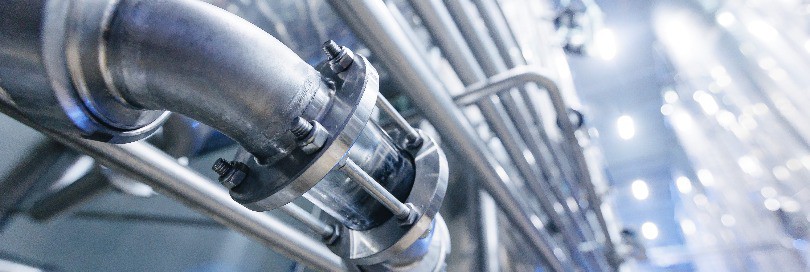Determination of the non-preferential origin of goods: All you need is... luck

Adobe Stock
Legal clarity and certainty are what compliant companies need in order to be able to concentrate on their core activities. Legislators are trying to fulfil this need by, for example, introducing additional legislation such as binding information (BI) decisions. Frustratingly, the more legislation, the less clarity. BI decisions issued by customs authorities can be overturned by the European Commission (e.g. Harley-Davidson case), or the Court of Justice of the EU (CJEU) can rule in a dispute over a BI decision that the European Commission has exceeded its powers when adopting delegated legislation, which raises the question of how binding the rules laid down in the delegated regulations, e.g. the UCC Delegated Act, are. On the latter, we provide a brief overview of a recent CJEU judgement on the rules of non-preferential origin.
Continue reading this article
Login
or
Sign up
Open for free
Sign up and enjoy free access to an article of your choice!

Comments ()
To post a comment you need to